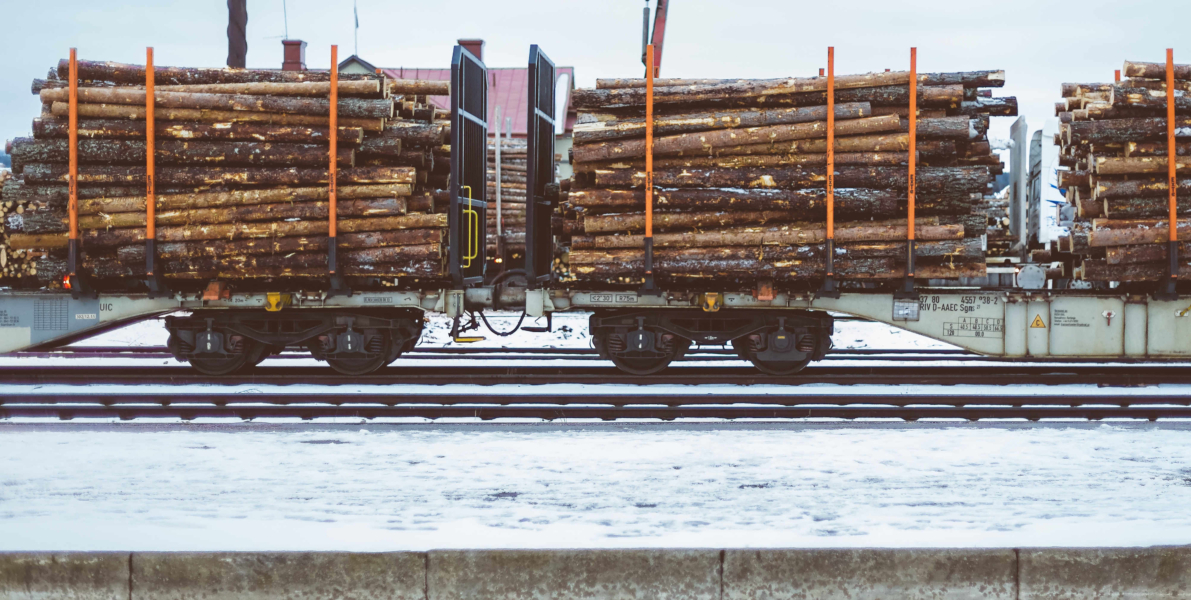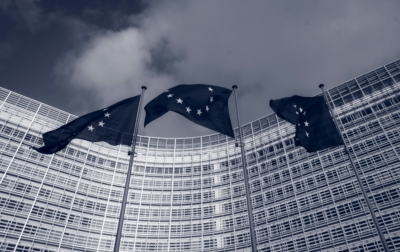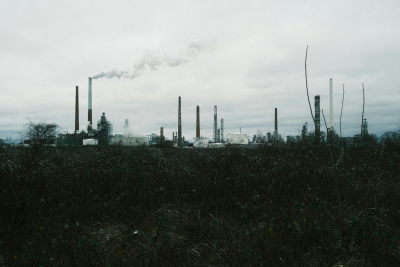Corruption is rife in many of the developing countries that supply the EU market with tropical timber. These countries are often characterised by inadequate basic freedoms (freedom of expression, freedom of information) and weak rule of law. Corruption can be found at all stages of the timber trade and this further exacerbates the destruction of forests with devastating consequences for local communities, biodiversity and the environment. As a key consumer market for tropical timber, and with bilateral agreements in place with many of these countries, the EU is uniquely placed to promote and pursue fundamental reforms to tackle corruption in partnership with timber producing countries.
Therefore, the scale of the corruption challenge requires a fresh approach that goes beyond these technical elements. The EU should raise the issue of corruption up the political agenda with producer country governments; re-orientating policies to address key dimensions of anti-corruption strategy based on accountability, transparency, participation and integrity. Without this three pronged approach, corruption will continue to blight the EU’s timber supply chain and fatally undermine the EU’s own efforts to reform the sector and tackle the trade in illegal timber with disastrous consequences for forests, biodiversity, local communities and the climate.
This report is Global Witness and Transparency International EU’s contribution to the development of EU policy on the topic.




